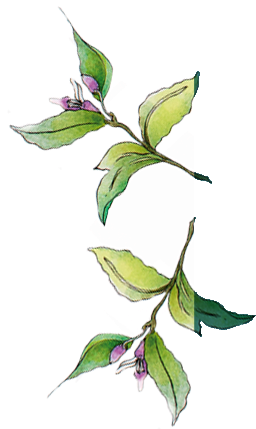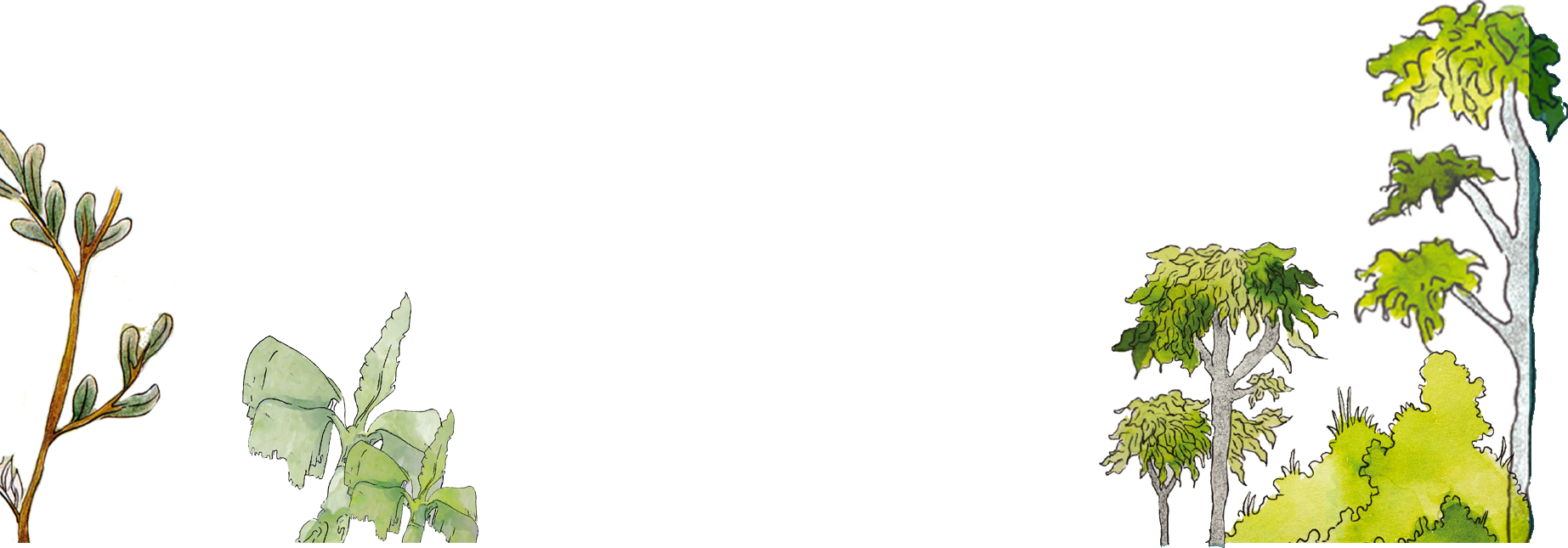

About

The Centre for Reproductive Rights is a global human rights organization comprising a legal, advocacy and communications team that work to ensure that reproductive rights are recognized and protected as fundamental human rights, in order to protect the dignity, equality, health and well-being of all people.
Through our work in the Americas, Europe, Asia and Africa, we have played a critical role in securing legal victories before national courts, United Nations committees and regional human rights bodies on reproductive rights issues to ensure access to obstetric care, contraception, maternal health and safe abortion services. We have also helped prevent forced sterilization, child marriage, and ensure sexual and reproductive health for girls and teens, including comprehensive sex education.
The Center was founded in 1992 in New York, but today has its global operations center in Nairobi. The program for Latin America and the Caribbean has been operating since 2011 in Bogotá. The work carried out by the Center in this part of the world is key since here are the most restrictive laws regarding reproductive rights, especially abortion. Nevertheless, we have made great progress in this area.
Working collectively with local allies in each country, we achieved two very relevant sentences before the Inter-American Court of Human Rights: the first was the case of Paola vs. Ecuador in which the Court recognized comprehensive sexuality education as a human right of children and adolescents. The other was that of Manuela vs. El Salvador in which the Court guaranteed medical professional secrecy so that no woman requiring sexual and reproductive health services is denounced. At the level of domestic law litigation, we were part of the Causa Justa movement that filed the lawsuit before the Constitutional Court with which abortion was widely decriminalized in Colombia.
Regarding the armed conflict, the Centre for Reproductive Rights provided two reports to the Colombian Truth Commission to understand how war affected women and girls differently. The first report identified reproductive violence as a specific category that should be made visible in order to provide adequate reparations to victims. The second, based on scientific evidence, reports the negative impacts that glyphosate sprays had on people's health and, specifically, how it affected the reproductive capacity of women living in rural areas. The latter was based on a scientific report issued by the Group of Epidemiology and Population Health (GESP in Spanish) of the School of Public Health of the Universidad del Valle, which concluded that there is enough scientific evidence to verify the damage that glyphosate produces in human reproductive health.
We hope that this graphic novel will help shed some light on the serious consequences that glyphosate spraying had on the civilian population. Cases such as Yaneth Valderrama's show that the war on drugs has had regrettable effects on people who have historically lived in vulnerable conditions. We present this content with a pedagogical intention so that children and adolescents can better understand some of the impacts that the armed conflict had on people's health, specifically on reproductive health.
By shedding light on Yaneth Valderrama's case, the first to arrive at the Inter-American Commission on Human Rights for violations of reproductive rights—among others—due to glyphosate sprays, we hope to contribute to the construction of peace so that many people can become aware and really understand what the true scale of this problem was. In this way we can set a course that allows us to propose and implement solutions that prevent this type of practice from recurring.
In turn, we hope that the case will allow Colombian society to understand the need to provide appropriate reparations, from a reproductive rights perspective, to people who suffered human rights violations as a result of this herbicide. We want this novel to be read and used by agents of the State and members of civil society. Our aim is to raise awareness through a didactic experience about our past and the alternatives we have in order to live in a future with full guarantees of rights.

Conde Abogados Asociados S.A.S. is a law firm with headquarters in Bogotá and Florencia, Caquetá. It aims to provide high quality legal and consulting services nationwide.
Conde Abogados represents workers, patients, victims, as well as water and land defenders that face the threat of extractive economy. It is a firm with a high social content, oriented towards the defense of the human and fundamental rights of our clients, natural persons or attacked communities. To this end, we have a team of professionals with extensive experience and constant training, who provide our clients with comprehensive advice for the protection of their economic and social interests. Thus, we generate reliable solutions and alternatives through the legal protection of their assets and interests.
Óscar Conde Ortiz is the founding partner of the firm. At the age of twenty-five, on September 1st, 1987, in the municipality of Puerto Rico, Caquetá, Conde began litigating after opening in a small office in the central part of the municipality. There he provided legal services in labor law, administrative law and public jury (criminal) hearing. He remained in the municipality of Puerto Rico for two years. In 1989 he settled in Florencia, capital of the department of Caquetá, and served for a period of three months as Secretary General of the Universidad de la Amazonía, under the administration of headmaster Félix Antonio Malagón M. Once he resigned from Uniamazonía, he decided to lease an office located close to Migani College, in the La Vega district of Florencia.
By the year 2012, the legal organization Conde Abogados Ltda was registered with the Chamber of Commerce of Florencia. By 2014, a modification was made in the commercial register and the legal organization was incorporated as a SAS.
The legal organization Conde Abogados Asociados S.A.S has been widely recognized for more than 30 years for its experience in litigation in areas such as labor law, medical law, administrative law and civil and state liability, mining – oil and natural resources law.
The firm is oriented towards providing advisory services, consultancy and legal representation of workers, victims, patients and attacked communities. It focuses on cases with high social content and is directed towards the defense of human rights and international humanitarian law.
We want this graphic novel to be a documentary reference for other victims of glyphosate fumigations. We want them to feel identified and seen, so that States change the way or method of combating illicit crops and so that the world becomes aware of the serious problems generated by the indiscriminate use of glyphosate, which doesn't take into account universal principles such as precautionary measures.
Yaneth Valderrama's case makes it clear that, in the fight against illicit crops, the only victims are farmers and people who have historically lived in vulnerable conditions. We hope that it will be of great didactic and pedagogical aid to those people who find themselves in the midst of the war caused by the internal armed conflict.
We hope that this emblematic case, which is a pioneer in reaching international bodies such as the IACHR, will highlight the violation of human rights and the harmful effects on health that come as a result of glyphosate fumigation. We expect that urgent measures will be taken in the anti-drug policy and that it will contribute to the achievement of peace, to generate a path that will allow a solution to this global problem.
Finally, we hope that this work will serve as an instrument of understanding so that comprehensive reparation measures are adopted for the victims of the armed conflict, especially those who have to do with fumigation with this herbicide. Our aim is for this novel to be read and used by the Colombian State and the entire civil society so that, in the future, cases like Yaneth's will continue to be avoided.

